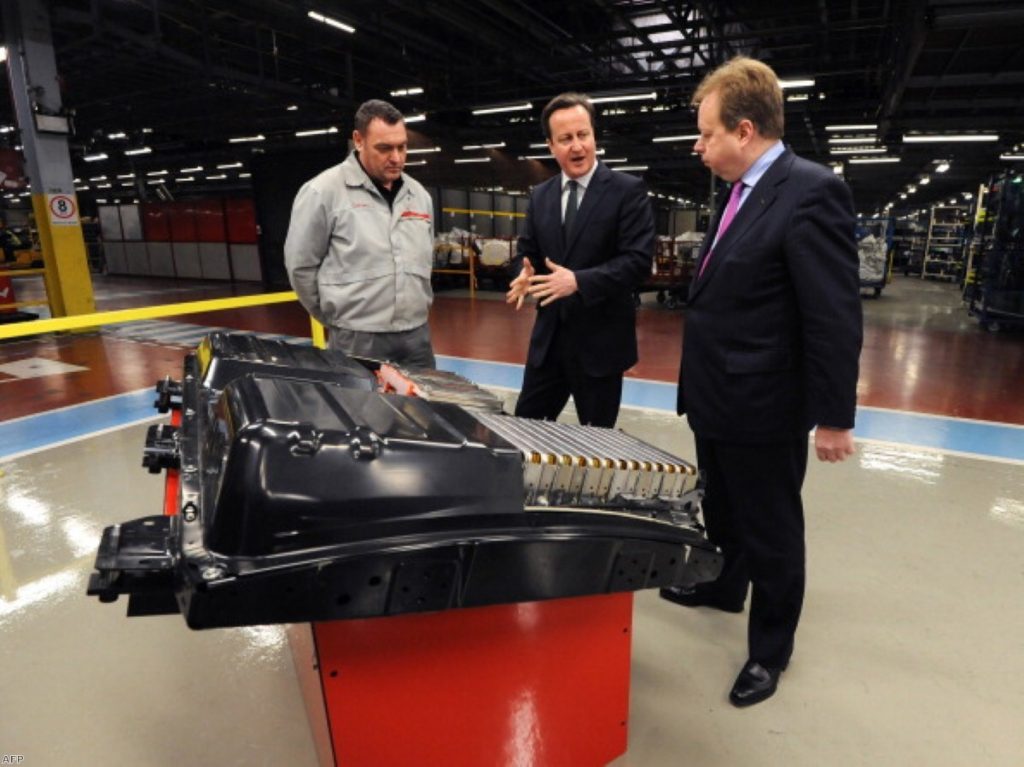How the government spent millions on electric cars almost nobody wants
They are regularly touted as the future of motoring by everyone from the prime minister to Hollywood celebrities.
Hundreds of millions of pounds is available for promoting and subsidising their use. Yet figures released under freedom of information reveal that the number of people actually driving electric cars remains pitifully low.
These figures reveal that in London a scheme to trigger an "electric car revolution" across the capital has spectacularly failed. Set up over five years ago with the aim of getting 100,000 Londoners driving electric cars "as soon as possible" we can reveal that Boris Johnson's vehicle charging scheme has just 1,800 active members.
Those who have signed up are making little use of it. Over July and August this year just 398 of London's 1,400 charging points were used at all, with half of those used fewer than ten times each. Large numbers of charging points have also fallen into disrepair with the privatised operators of the scheme in regular squabbles with local councils over who should maintain them.


The Source London website currently shows large numbers of charging points out of use. Of those that do work, many are in paid car parks meaning that owners are forced to pay huge parking costs just to charge their cars.

"For too many years boastful claims have been made by the Mayor about how much public money is being put into increasing the number of charging points in London but with no one keeping an eye on whether the charging points are actually working." Stephen Knight AM, Liberal Democrat London Assembly member Stephen Knight AM told Politics.co.uk.
The picture is even worse in the rest of the country where the charging network is in some places non-existent. According to the DVLA there are currently just 10,000 plug-in electric/hybrid cars licensed across the UK. This amounts to fewer than 0.03% of all vehicles.
Yet the government continues to budget for hundreds of millions of pounds to promote and subsidise this unpopular technology in the belief that an electric car revolution is just parked up somewhere around the corner.
Thanks to this cash, anyone thinking of buying an electric car can claim up to a £5,000 grant from the government plus most of the cost of installing a charging point at home. Local councils have been similarly lavished with funds.
Yet all the evidence suggests that electric cars are simply not practical or desirable for the vast majority of people.
The main reason for this is that the technology itself remains primitive. Users typically have to wait up to eight hours to fully charge their cars with recharges necessary as often as every 40 miles of driving. This means electric cars are only viable for city-dwellers with off-street parking who don't drive very much. This is not a huge market.
So why do both sides of the coalition remain committed to a technology that doesn't work and which almost nobody actually wants?
The reason is that electric cars are the perfect tool for politicians wanting to appear green without having to take the tough decisions to actually be green.
Downing Street to install charging points as cabinet cars go electric http://t.co/o4qjSDhM6K via @MailOnline
— Chris Enakhena (@aigbanegbe) July 18, 2014
As George Osborne's autumn statement made clear, politicians remain terrified of doing anything which might suggest that motorists have to use their cars a little less.
So instead of making the necessary but unpopular decisions to limit car use, politicians from all parties continue to promote the idea that we can all just carry on driving as often as we like in as big cars as we like, provided we just make the engines themselves a bit greener.
These latest figures reveal this as a fantasy. If electric cars are the future of driving, it remains a very distant and hazy one.












